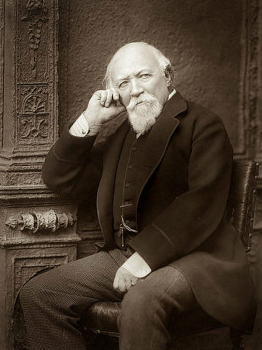Both Emperor Jiajing and Emperor Wanli of the Ming Dynasty are known for their long-term absence from court, but they have significant differences in their motivations, ruling methods, and impacts on the country. By deeply comparing the "inaction governance" of these two emperors, we can gain insights into the complexity behind their respective political actions.

First, let's explore Emperor Jiajing. During his reign, he deeply disliked the usurpation of power by eunuchs and chose to withdraw from the frontline, leaving daily administrative affairs to be handled by ministers. However, this did not mean that he completely gave up power. In fact, Jiajing ensured his authority was not challenged through meticulous supervision and occasional intervention. This unique governance allowed him to avoid daily political disputes and focus on personal cultivation and religious beliefs. Nevertheless, the government during the Jiajing period still operated relatively effectively, thanks to his selection of capable officials and his control over policy directions.
In contrast, Emperor Wanli's absence from court was more due to personal negativity. His interest in politics was far less than his predecessor's, and he was tired of court affairs. Wanli's neglect of politics led to the expansion of the influence of the Dongchang and eunuchs, as well as neglect of the people's sufferings. In his later years, this attitude led to complete abandonment of court affairs, triggering multiple political crises and ultimately accelerating the decline of the Ming Dynasty.
Another difference between the two emperors is their impact on future generations. Although Jiajing personally did not participate much in court affairs, he invested a lot of energy in educating his son, cultivating a capable heir. In contrast, Wanli was indifferent to the education of his descendants, leading to later emperors being unable to effectively manage the country and further exacerbating political instability.
Overall, although Emperors Jiajing and Wanli both share the common trait of long-term absence from court, they exhibit distinct attitudes and effects in terms of political participation, impact on the state apparatus, and education for future monarchs. Jiajing's inactivity was more like a strategic choice, while Wanli's inactivity reflected more of his personal negativity and abandonment of political responsibilities. The examples of these two emperors remind us that different ruling styles not only influence their respective eras but also have profound impacts on future generations.
Disclaimer: The above content is sourced from the internet and the copyright belongs to the original author. If there is any infringement of your original copyright, please inform us and we will delete the relevant content as soon as possible.
































